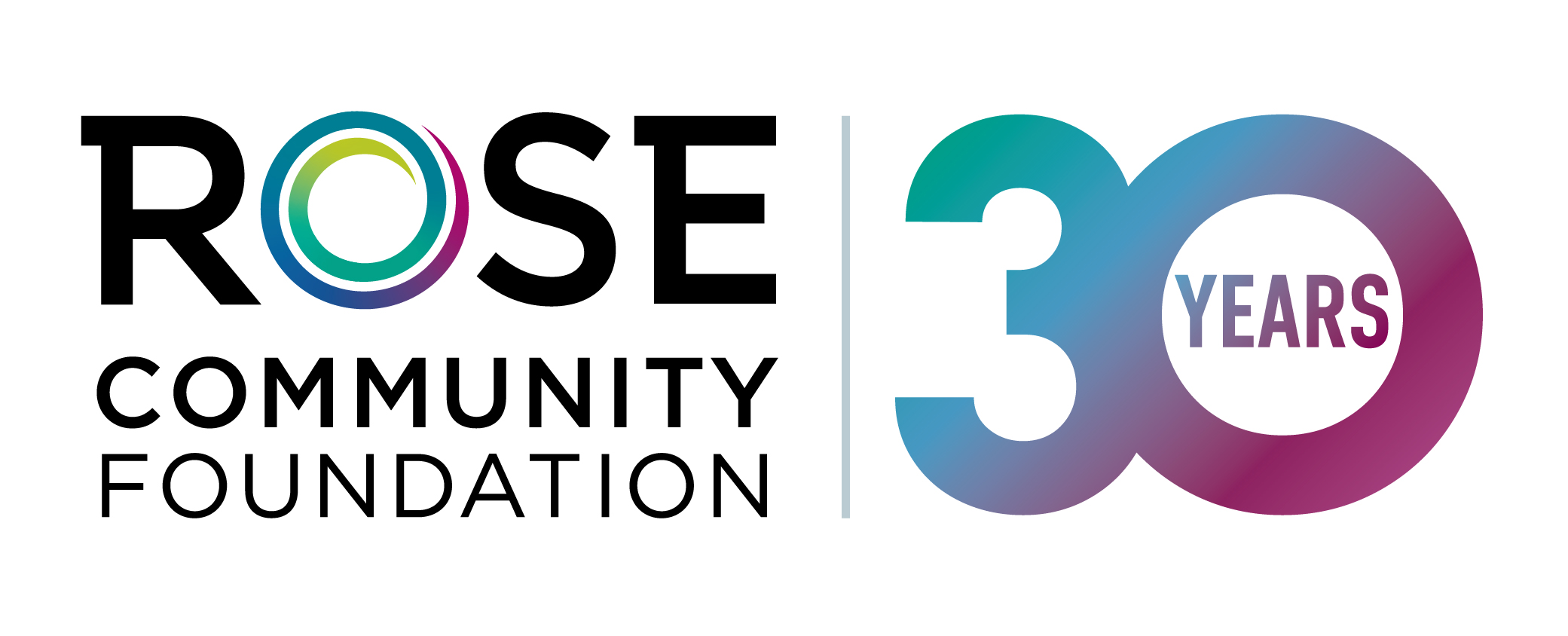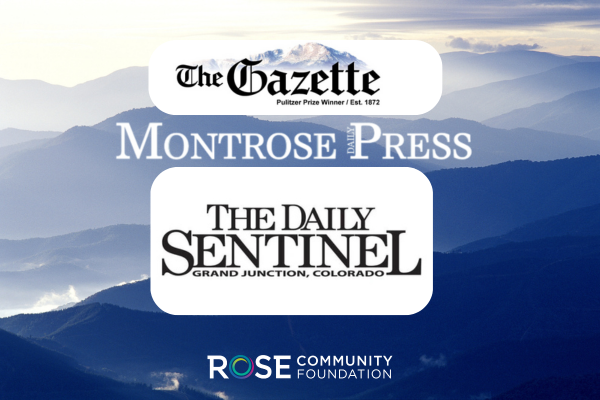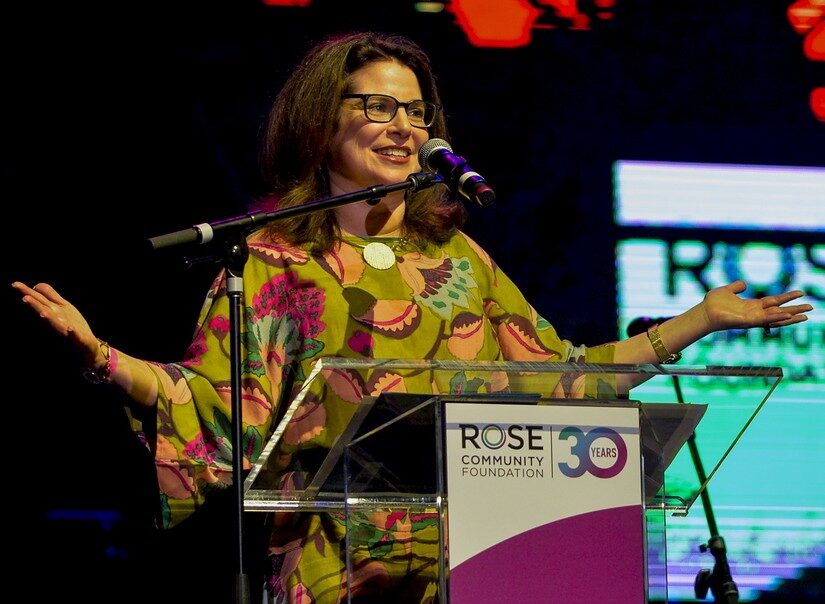News & Insights
Founded on a tradition of philanthropy, we strive to create positive, sustainable, systemic change for our community.
Recent News Coverage
Rose Community Foundation Announces New Trustees and Committee Members
February 12, 2025
Grant supports Colorado Safe Futures Fund
November 18, 2024
Recent Press Releases
Studies & Reports
Rose Youth Foundation Report to the Community 2023
August 16, 2023
Rose Youth Foundation Report to the Community 2022
April 19, 2022
Rose Youth Foundation Report to the Community 2021
June 15, 2021
Racial Justice and Equity Giving Guide
May 19, 2021
Youth Mental Health First Aid Survey Key Findings
March 8, 2021
Greater Denver Jewish Community Study – 2019
December 5, 2019
Annual Reports
Our 2023 Annual Report
September 5, 2024
2022 Annual Report
July 31, 2023
2021 Annual Report
July 12, 2022
2020 Annual Report
June 11, 2021
2019 Annual Report
July 24, 2020
2018 Annual Report
July 10, 2019



